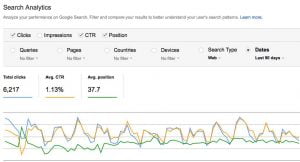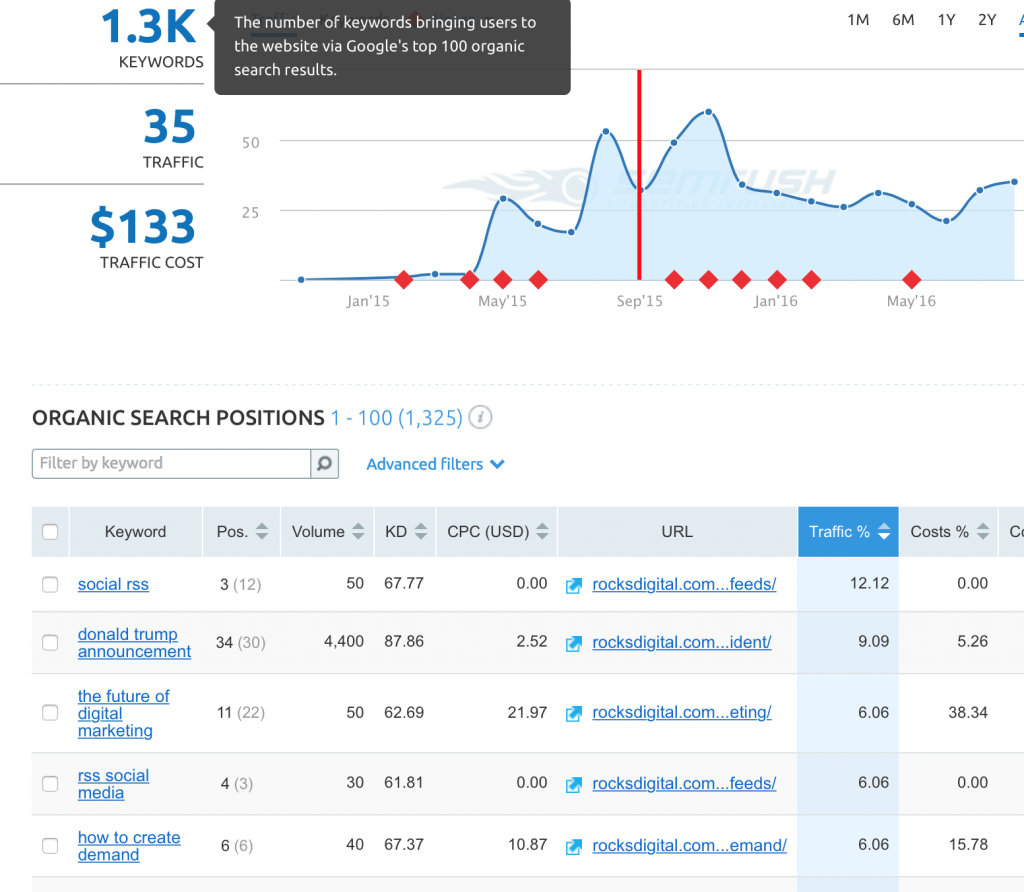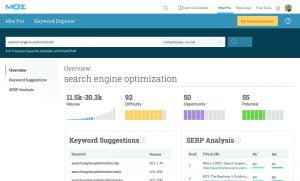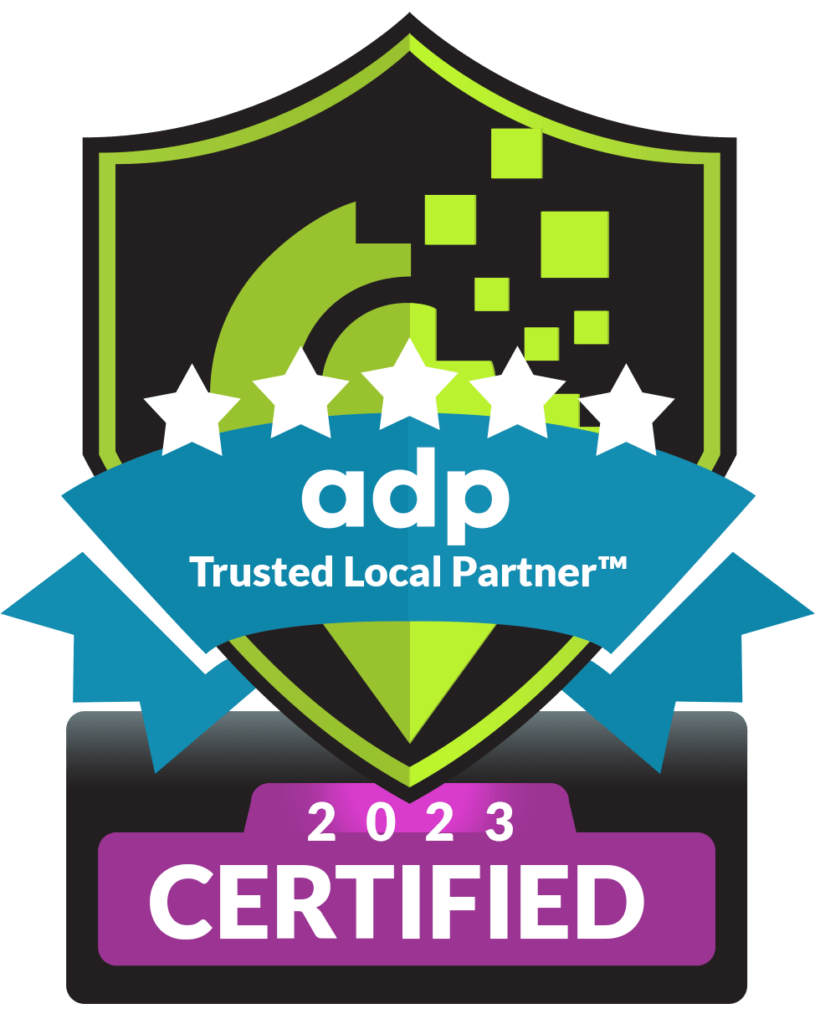
Keyword research is, in fact, a big part of the whole entire SEO process, and accurate keyword research data is key. Just recently, it has been reported that Google is restricting the amount of keyword data that you can get using their Google AdWords Keyword Planner tool. If you have been relying solely on the Google AdWords Keyword Planner for your keyword research, Google’s restricting of the data is, in fact, a good excuse to move on. There are plenty of other keyword research methods that you can use.
Your Own Keyword Data
First off, it’s worth noting that you should be looking at your own keyword data, especially if you’re looking for content ideas. There are several places where you can get access to your own keyword data, which essentially shows what your website is currently being found for. The first place I would look is Google’s Search Console. Once you verify ownership of the site, you get access to the search analytics, which shows the search queries, clicks, impressions, CTR, and average ranking position. Below is a sample of the data:
 You can get up to the last 90 days of data, and the data is delayed by two days, sometimes for a longer period of time. But all in all, this is your own data, and you’re able to see, for example, where your site is ranking, and how many impressions that keyword had–good data if you’re looking for opportunities to improve your site’s content. For example, if there is a keyword that your site is found for and it shows that there are a lot of impressions (and not a lot of clicks), you may need to optimize a bit differently to target that particular keyword. You can also drill down into the data and see a particular web page on your site–and which keywords that page is ranking for. Again, if the search queries don’t match what you think the page is about, updating the content on that page might help. Sometimes all it takes is and update of the title tag on the page. The Google Search Console Data is free, so you should take advantage of it.
You can get up to the last 90 days of data, and the data is delayed by two days, sometimes for a longer period of time. But all in all, this is your own data, and you’re able to see, for example, where your site is ranking, and how many impressions that keyword had–good data if you’re looking for opportunities to improve your site’s content. For example, if there is a keyword that your site is found for and it shows that there are a lot of impressions (and not a lot of clicks), you may need to optimize a bit differently to target that particular keyword. You can also drill down into the data and see a particular web page on your site–and which keywords that page is ranking for. Again, if the search queries don’t match what you think the page is about, updating the content on that page might help. Sometimes all it takes is and update of the title tag on the page. The Google Search Console Data is free, so you should take advantage of it.
Google Analytics, if you’re using it on your website for web analytics, is also free. This has plenty of keyword data available, and you can even track down to the keyword level that converted into a sale. So, looking at your own keyword data can give you insight that you may have not realized.
Another place where you can get access to your own keyword data (and, in fact, information about the keywords your competitors are ranking for, is SEMrush.com. Unlike Google search console, you don’t have to verify that you own the site. However you can see both organic search traffic, rankings, and pay per click data. When it comes to the PPC data, you can actually see the keyword, ad copy, and the amount of the advertising spend–which is useful if it’s you’re competitors that you’re looking at. I prefer to look for opportunities where my own website is ranking, as SEMrush.com tends to show me keywords that I’m ranking for in the Google Search Results that I didn’t think were actually driving traffic to my site. There are, in fact, lots of opportunities that I typically find on a regular basis by consulting this keyword research source.
A sample of the keyword research data you can get from SEMrush.com is shown below, for RocksDigital.com:
 As I mentioned, SEMrush.com provides keyword research data not only for your own website, but for any domain name. There are other sources of keyword research data, as well, worth noting:
As I mentioned, SEMrush.com provides keyword research data not only for your own website, but for any domain name. There are other sources of keyword research data, as well, worth noting:
Google Suggest – Start typing a keyword into Google and you’ll notice that there are suggested keywords. You have to start with the beginning of a keyword, so that isn’t necessarily helpful at all times, but may help you narrow down different versions of keywords that you want to use, such as singular or plural versions of keywords.

Moz Keyword Explorer
https://moz.com/products/pro/keyword-explorer
Moz.com has a keyword tool that you can use try for free. You’ll get their best data if you have a Moz Pro account.
Spyfu
https://www.spyfu.com
Spyfu.com is a competitor to SEMrush.com, and you can get plenty of keyword data there, as well as competitive data, as well.
KeywordTool.IO
https://keywordtool.io/
Keyword Tool touts themselves as being the number one free alternative to the Google Keyword Planner.
WordStream
https://www.wordstream.com/keywords
WordStream has a free keyword tool that allows you to perform 30 free keyword searches. After that, it’s a paid tool.
There are several other keyword tool alternatives to the Google Keyword Planner, and I’ve only mentioned seven. Are there any keyword tool alternatives you recommend? Please share in the comments below.
Bill Hartzer
Bill Hartzer is the Senior Vice President of Agency Services at Advice Interactive. Bill is a frequent speaker and expert discussion panel participant at various search engine marketing and internet marketing conferences and events such as SMX and PubCon.


















